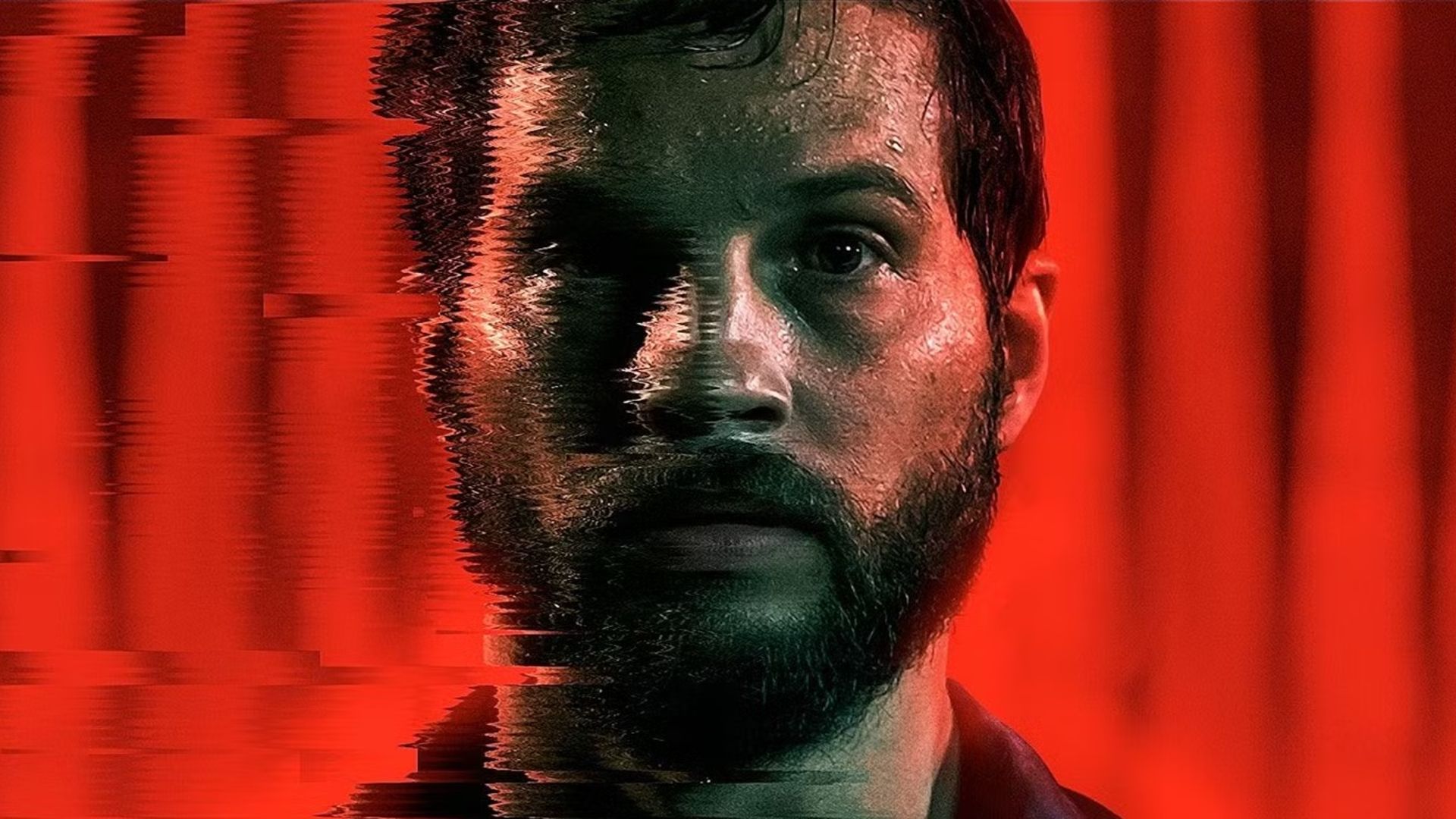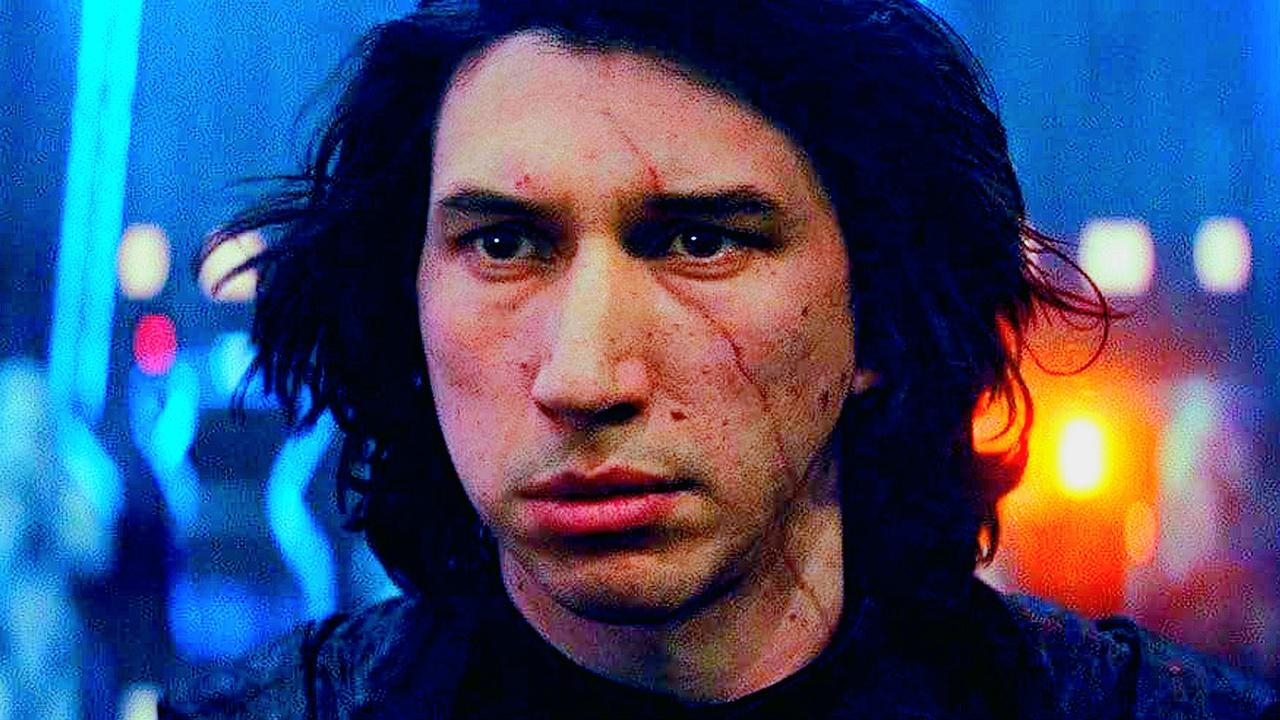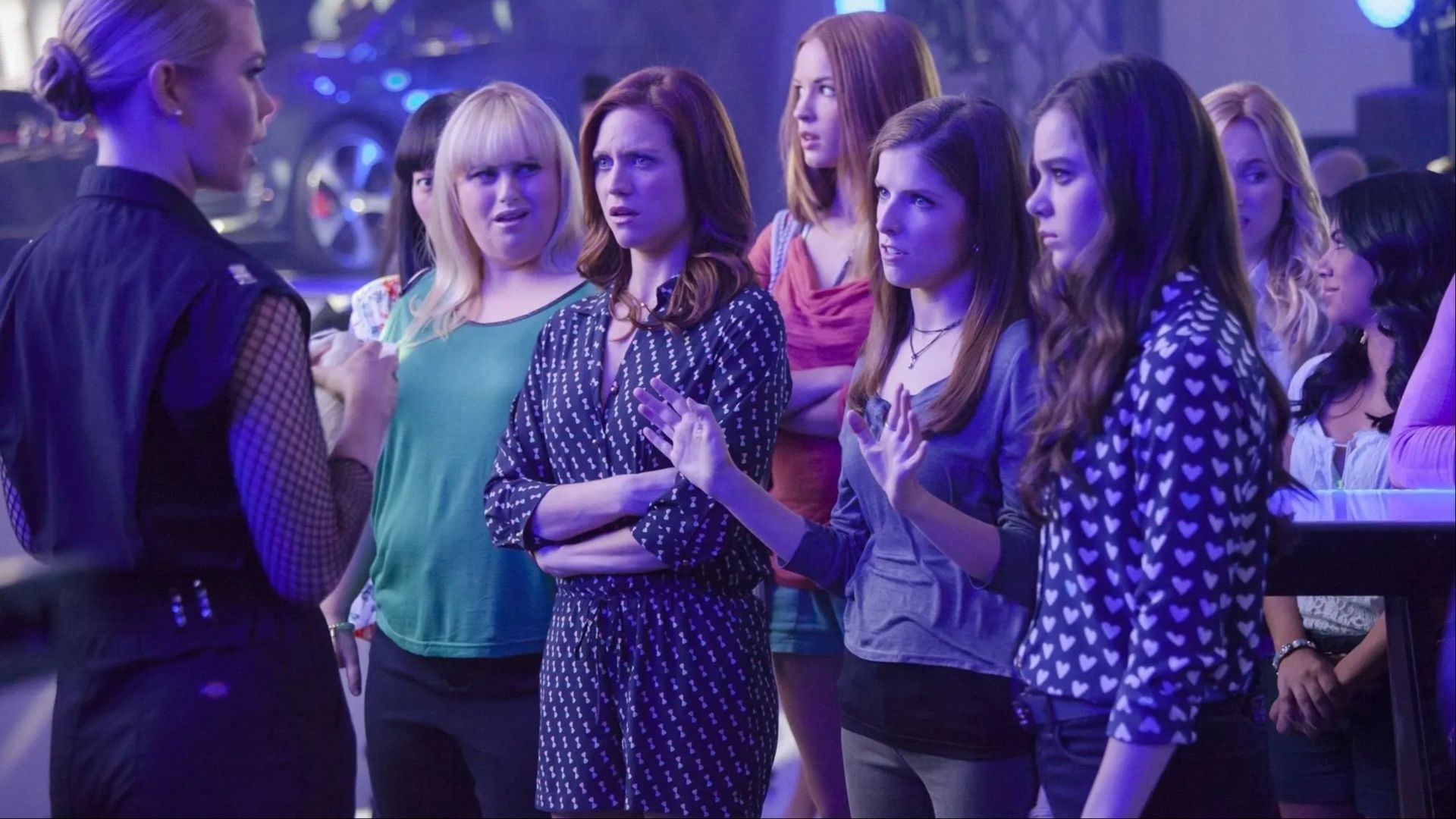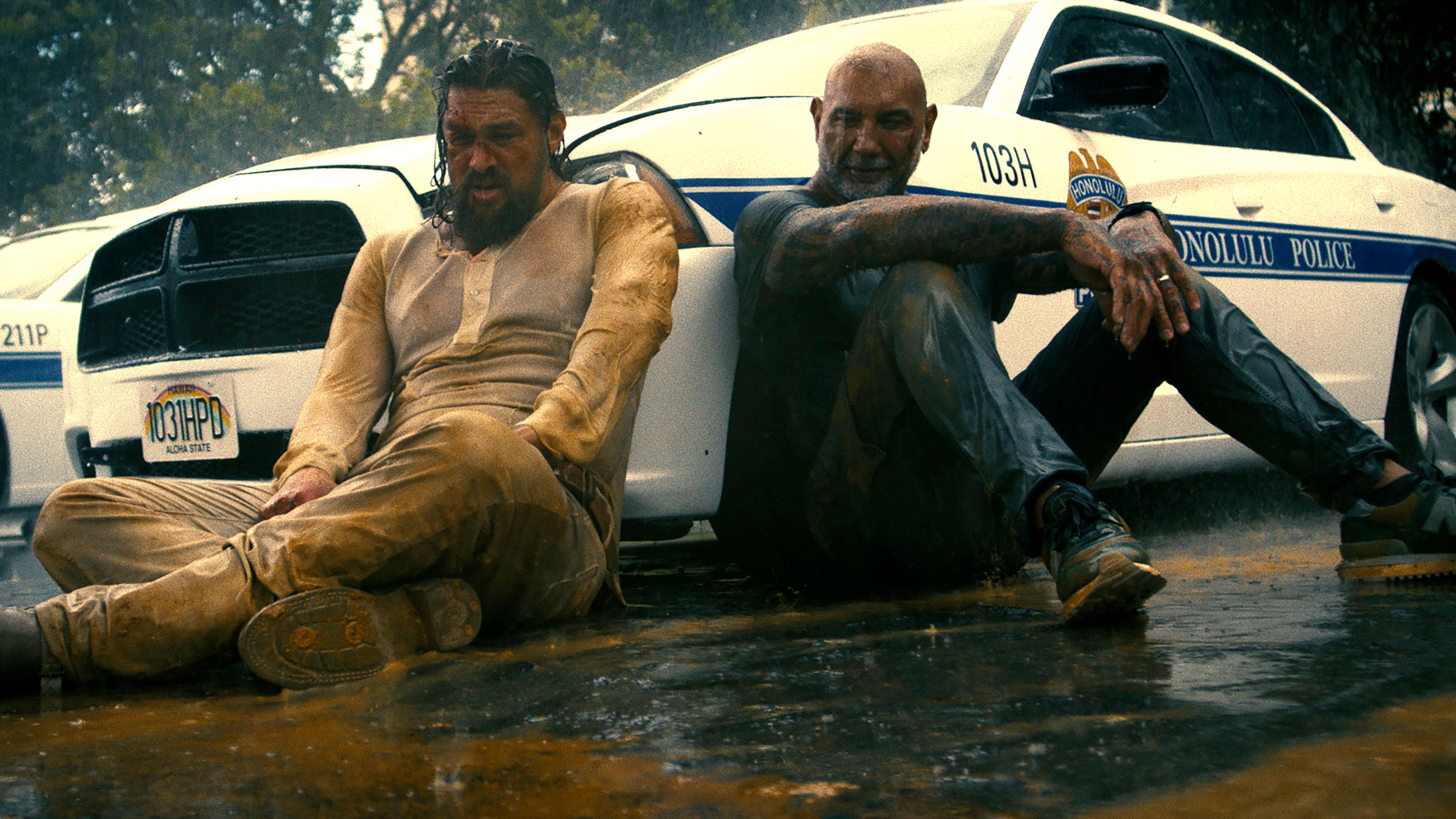5 Sam Raimi Movies That Prove He’s The Perfect Director For DC’s New Era
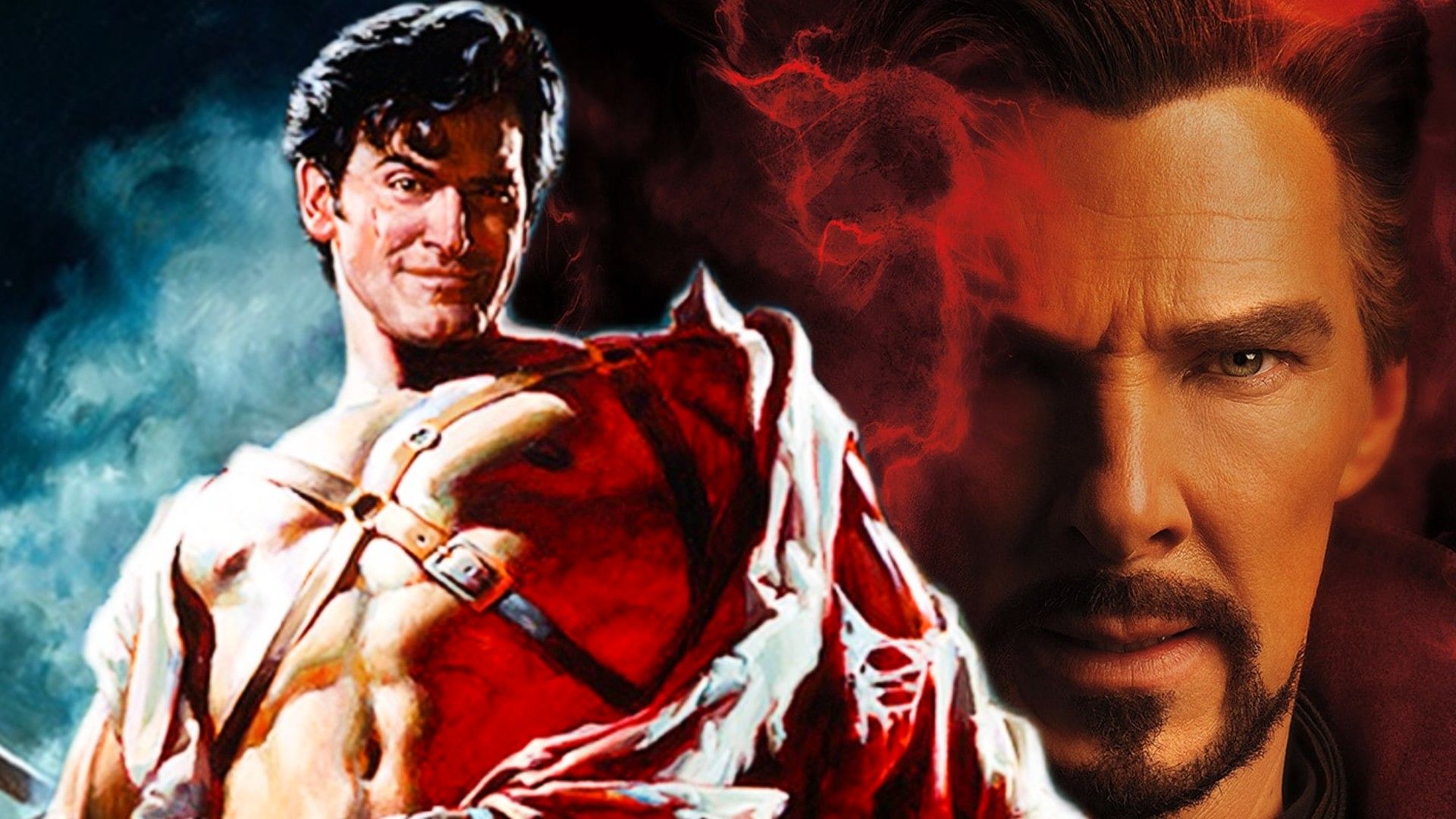
It’s surprising that DC Studio leaders James Gunn and Peter Safran haven’t publicly pursued Sam Raimi, given his impressive background. Like Gunn, Raimi began his career making low-budget films before achieving blockbuster success with 2002’s Spider-Man. Both directors have very different approaches to filmmaking – Raimi is known for his dynamic camera movements, while Gunn excels at developing memorable characters and writing snappy dialogue. Considering his experience, it seems highly likely Raimi will eventually direct a DC movie.
